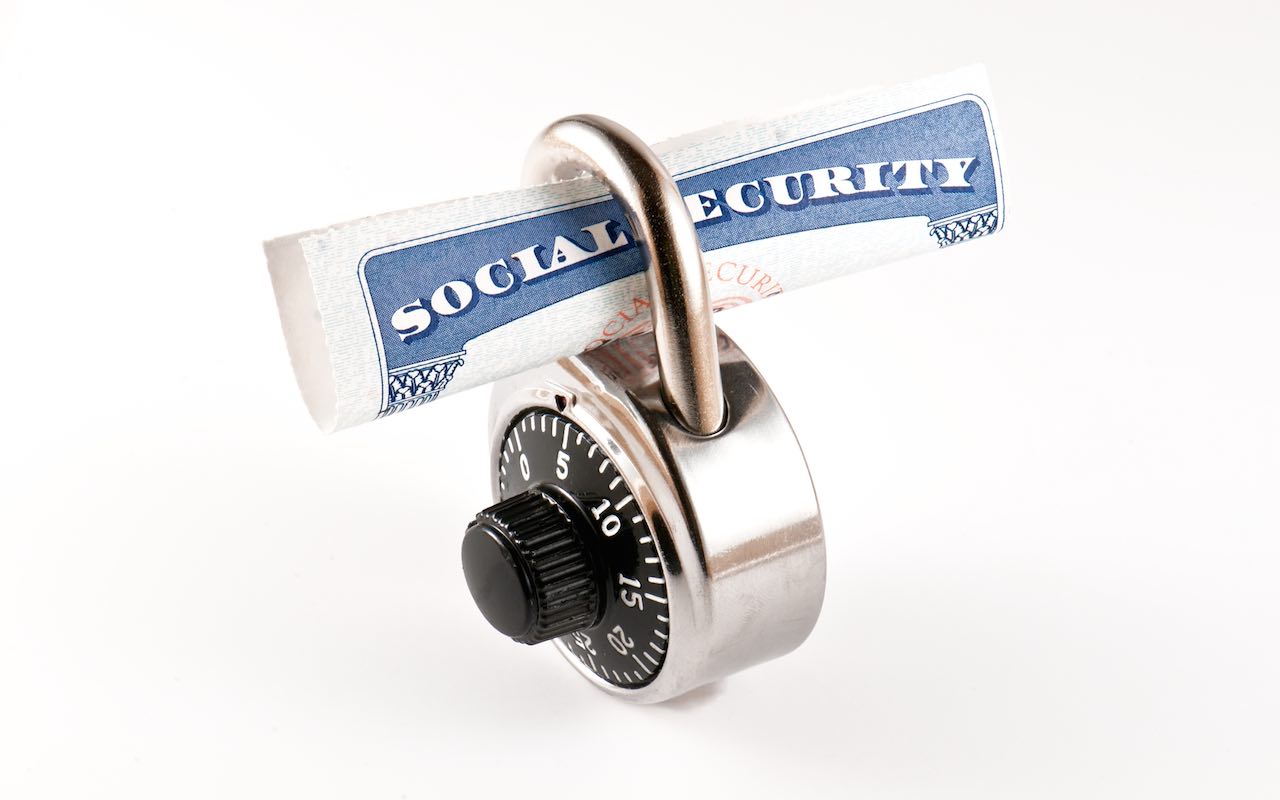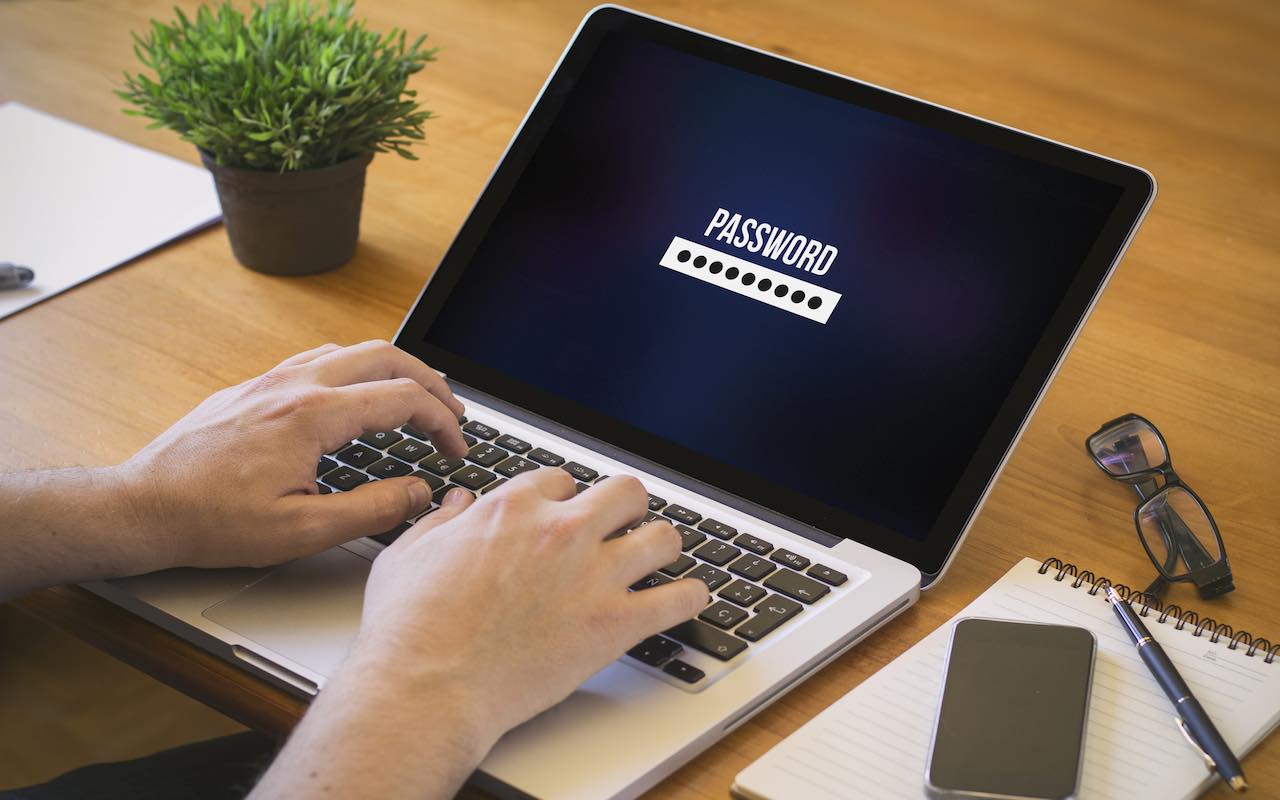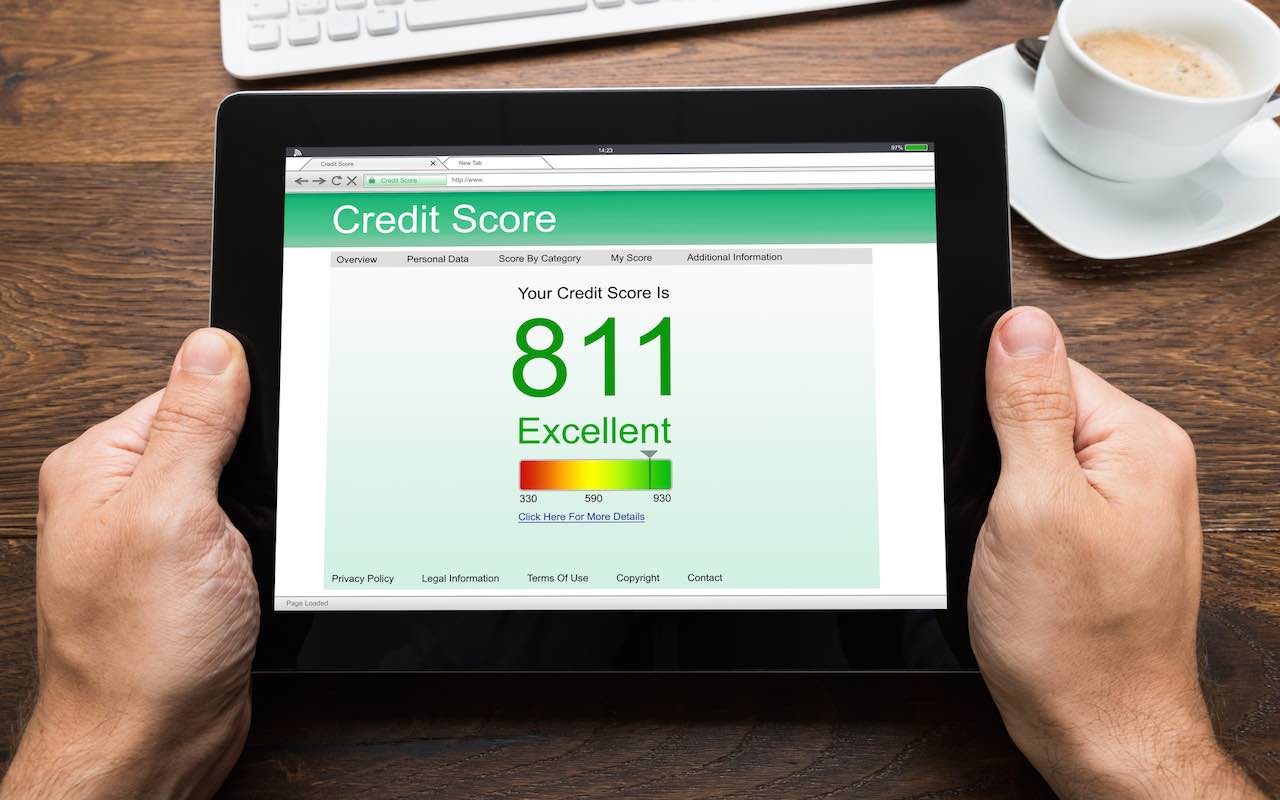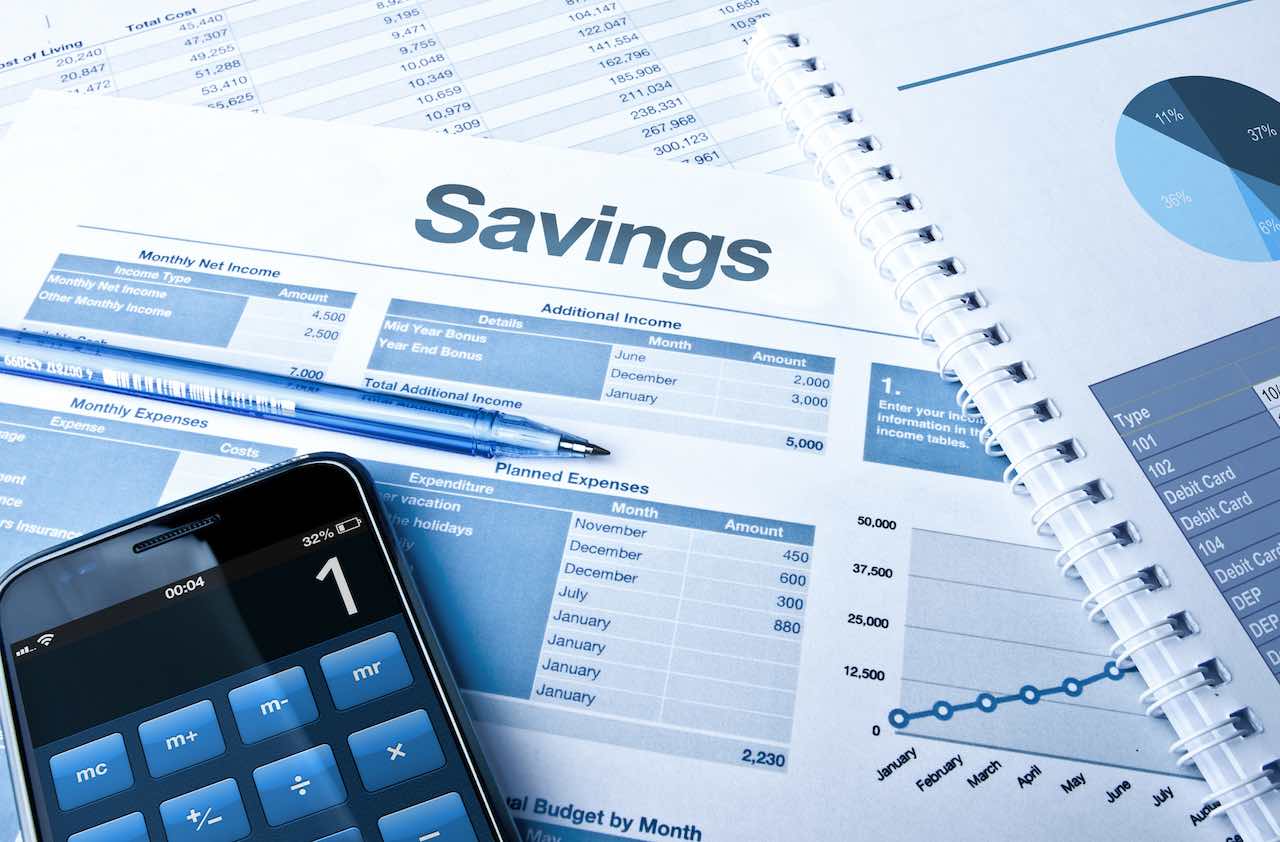7 Smart Moves to Prevent Identity Theft
Data breaches got you worried?


Profit and prosper with the best of Kiplinger's advice on investing, taxes, retirement, personal finance and much more. Delivered daily. Enter your email in the box and click Sign Me Up.
You are now subscribed
Your newsletter sign-up was successful
Want to add more newsletters?

Delivered daily
Kiplinger Today
Profit and prosper with the best of Kiplinger's advice on investing, taxes, retirement, personal finance and much more delivered daily. Smart money moves start here.

Sent five days a week
Kiplinger A Step Ahead
Get practical help to make better financial decisions in your everyday life, from spending to savings on top deals.

Delivered daily
Kiplinger Closing Bell
Get today's biggest financial and investing headlines delivered to your inbox every day the U.S. stock market is open.

Sent twice a week
Kiplinger Adviser Intel
Financial pros across the country share best practices and fresh tactics to preserve and grow your wealth.

Delivered weekly
Kiplinger Tax Tips
Trim your federal and state tax bills with practical tax-planning and tax-cutting strategies.

Sent twice a week
Kiplinger Retirement Tips
Your twice-a-week guide to planning and enjoying a financially secure and richly rewarding retirement

Sent bimonthly.
Kiplinger Adviser Angle
Insights for advisers, wealth managers and other financial professionals.

Sent twice a week
Kiplinger Investing Weekly
Your twice-a-week roundup of promising stocks, funds, companies and industries you should consider, ones you should avoid, and why.

Sent weekly for six weeks
Kiplinger Invest for Retirement
Your step-by-step six-part series on how to invest for retirement, from devising a successful strategy to exactly which investments to choose.
Data breaches got you worried? We don’t blame you. Hacking is on the rise. Last year, hacking incidents exposed 160 million records, compared with 3.7 million in 2010, according to the Identity Theft Resource Center, which tracks U.S. data breaches.
There’s not much you can do to guard your personal data when it’s in the hands of businesses or the government. But you can take steps to protect your identity in the areas under your control. We asked experts for their best advice on preventing identity theft and compiled their top recommendations. The tips are presented roughly in descending order of how severe the damage would be if an ID thief gained access to the information.
SEE ALSO:
KIPLINGER WEBINAR: Combating Identity Theft and Scams During the Holidays
p>

Safeguard Your Social Security Number
A Social Security number is like gold to an identity thief. A crook can use it—along with other information, such as your name, address and birth date—to open credit card or loan accounts, file a fraudulent tax return, obtain government benefits, even get medical care.
Never carry your Social Security card in your wallet, and don’t leave anything in your car that contains your SSN or other sensitive information, such as paperwork or a laptop computer. If you don’t think an organization needs your SSN, omit it on forms. (Your bank or lender, your employer and government agencies probably have good reason to ask for it.) If the company insists that it needs the number, ask how it will protect your information. Walk away if the response doesn’t satisfy you.
Many Medicare recipients will have their SSNs printed on their cards for several more years, until the government fully phases out cards that include the numbers. In the meantime, you can make a copy of your Medicare card, black out all but a couple of digits of your SSN on the copy and, on the back, write contact information for someone who can provide your SSN in an emergency, says Adam Levin, chairman and founder of Identity Theft 911. Carry the copy with you regularly, and take the actual card with you only for doctor visits.
During tax season, submit your return as early as possible. You may deflect any attempts by thieves who already have your SSN to file a return in your name and collect a refund.
- SEE ALSO: What Not to Keep In Your Wallet

Don’t Fall For Online and Phone Scams
You may receive phone calls or e-mails from fraudsters claiming to be representatives from, say, your bank, the IRS or even a doctor’s office requesting personal information or demanding payment. If you’re not sure that a call or message is legitimate, look up the phone number for the company and call to ask whether it contacted you. (The IRS never initiates contact about a bill by phone or e-mail.)
Never download a file or click on a link in an e-mail or text message unless you’re sure it’s from a safe source. Doing so could infect your device with malware or lead you to a scam website that mimics a real one. In one scheme, smartphone users who click on fraudulent ads or links in text messages unknowingly install malware that later gathers their identifying information when they use banking applications.
Social-media and dating websites are fertile ground for scammers, too. Avoid sharing your address or full birth date on such sites, as well as information that could unlock security questions on other websites (such as your mother’s maiden name).

Use Strong, Diverse Passwords
You’ve heard it a thousand times: Form passwords with combinations of uppercase and lowercase letters, numbers and symbols. Create unique passwords for each account so that a hacker who nabs your password for a shopping website, for example, can’t use it to log in to your e-mail account, too. At least for your most sensitive accounts, such as e-mail and financial portals, change your password regularly. When possible, use two-factor authentication, which involves entering an additional piece of info—say, a code sent to you via text message after an attempt to log in on an unfamiliar device.
To keep track of passwords, you can use an online manager such as Dashlane or LastPass. Such tools are also useful for securely sharing passwords.

Don’t Skip The Shredder
Identity thieves haven’t given up on stealing data the old-fashioned way: by digging through trash or taking your mail. At a minimum, shred unneeded papers that include your Social Security, insurance, and bank and credit card account numbers. If your mailbox doesn’t have a lock, consider adding one.

Secure Your Devices
Lock your phone’s home screen with a passcode, pattern or fingerprint sensor, and set up the capability to track your phone remotely and erase its data in case it’s lost or stolen. (Android users can do so at www.android.com/devicemanager, and iPhone users can use Find My iPhone by signing in to their Apple accounts.)
Password-protect your PC, too, and make sure that your antivirus software is current. When you receive notifications on your phone or computer to update your operating system or software, do it as soon as possible—the updates often fix security flaws.

Consider a Credit Freeze
If you initiate a credit freeze, potential lenders are unable to see your credit report until you undo the freeze. It’s “like a red light” to lenders if someone attempts to open a loan or credit line in your name, says Michael Bruemmer, vice president of consumer protection for Experian. To place a freeze, contact each of the three major bureaus: Equifax, Experian and TransUnion. You may have to pay a fee of about $5 to $10 to both place and lift a freeze, depending on your state (identity theft victims pay no fees in most states). You’ll receive a PIN from each bureau that you must provide to unfreeze your reports.
Although ID theft victims are prime candidates to take advantage of a credit freeze, the strong protection it provides against financial theft is reason for anyone to consider placing one. But keep in mind that it will slow you down a bit if you want to get a mortgage, credit card or other loan (you can lift the freeze for a period that you specify while you shop for a loan).
- SEE ALSO: How I Fixed My Case of Identity Theft

Protect Your Bank Account
By far, fraudulent use of credit cards and bank accounts was the most common form of identity theft in 2014, according to the U.S. Bureau of Justice Statistics. Luckily, such fraud is usually among the easiest for victims to resolve. The law limits your liability for unauthorized credit card purchases to $50 (the major credit card networks all have zero-liability policies). Your responsibility for transactions on a stolen debit card could be $500 or more if you don’t report the problem promptly, but your bank will most likely make you whole.
Still, a drained bank account creates stress and inconvenience. If you’re a disciplined spender, using a credit card and paying it off each month is a good idea—you’ll enjoy stronger protections and limit your debit card’s exposure to theft. When you use your card at an ATM or gas pump, check for skimming devices, which criminals install to steal card data, by tugging at the card slot. If anything shifts, don’t use the machine. Shield the keypad with one hand as you enter your PIN to block it from hidden cameras or wandering eyes nearby. Check card statements for charges you don’t recognize—especially small charges, which thieves may use to test the card.
Profit and prosper with the best of Kiplinger's advice on investing, taxes, retirement, personal finance and much more. Delivered daily. Enter your email in the box and click Sign Me Up.

Lisa has been the editor of Kiplinger Personal Finance since June 2023. Previously, she spent more than a decade reporting and writing for the magazine on a variety of topics, including credit, banking and retirement. She has shared her expertise as a guest on the Today Show, CNN, Fox, NPR, Cheddar and many other media outlets around the nation. Lisa graduated from Ball State University and received the school’s “Graduate of the Last Decade” award in 2014. A military spouse, she has moved around the U.S. and currently lives in the Philadelphia area with her husband and two sons.
-
 5 Vince Lombardi Quotes Retirees Should Live By
5 Vince Lombardi Quotes Retirees Should Live ByThe iconic football coach's philosophy can help retirees win at the game of life.
-
 The $200,000 Olympic 'Pension' is a Retirement Game-Changer for Team USA
The $200,000 Olympic 'Pension' is a Retirement Game-Changer for Team USAThe donation by financier Ross Stevens is meant to be a "retirement program" for Team USA Olympic and Paralympic athletes.
-
 10 Cheapest Places to Live in Colorado
10 Cheapest Places to Live in ColoradoProperty Tax Looking for a cozy cabin near the slopes? These Colorado counties combine reasonable house prices with the state's lowest property tax bills.
-
 Money for Your Kids? Three Ways Trump's ‘Big Beautiful Bill’ Impacts Your Child's Finances
Money for Your Kids? Three Ways Trump's ‘Big Beautiful Bill’ Impacts Your Child's FinancesTax Tips The Trump tax bill could help your child with future education and homebuying costs. Here’s how.
-
 Key 2025 Tax Changes for Parents in Trump's Megabill
Key 2025 Tax Changes for Parents in Trump's MegabillTax Changes Are you a parent? The so-called ‘One Big Beautiful Bill’ (OBBB) impacts several key tax incentives that can affect your family this year and beyond.
-
 What to Do With Your Tax Refund: 6 Ways to Bring Growth
What to Do With Your Tax Refund: 6 Ways to Bring GrowthUse your 2024 tax refund to boost short-term or long-term financial goals by putting it in one of these six places.
-
 What Does Medicare Not Cover? Eight Things You Should Know
What Does Medicare Not Cover? Eight Things You Should KnowMedicare Part A and Part B leave gaps in your healthcare coverage. But Medicare Advantage has problems, too.
-
 15 Reasons You'll Regret an RV in Retirement
15 Reasons You'll Regret an RV in RetirementMaking Your Money Last Here's why you might regret an RV in retirement. RV-savvy retirees talk about the downsides of spending retirement in a motorhome, travel trailer, fifth wheel, or other recreational vehicle.
-
 QCD Limit, Rules and How to Lower Your 2026 Taxable Income
QCD Limit, Rules and How to Lower Your 2026 Taxable IncomeTax Breaks A QCD can reduce your tax bill in retirement while meeting charitable giving goals. Here’s how.
-
 The Six Best Places to Retire in New England
The Six Best Places to Retire in New Englandplaces to live Thinking about a move to New England for retirement? Here are the best places to land for quality of life, affordability and other criteria.
-
 The 10 Cheapest Countries to Visit
The 10 Cheapest Countries to VisitWe find the 10 cheapest countries to visit around the world. Forget inflation and set your sights on your next vacation.
